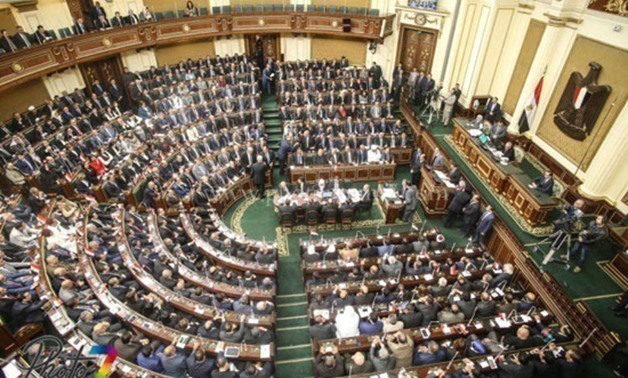
FILE - Egyptian Government
CAIRO – 6 September 2018: The Egyptian Parliament’s fourth session is set to begin on October 2 or 3, in accordance with a presidential decree, an official source in the Parliament told Egypt Today.
On August 3, President Abdel Fatah al-Sisi issued a decree to announce the conclusion of the third ordinary session of legislature as of Thursday, July 26. The decree was published in the official gazette.
Following the president's decree, the Parliament began its summer break, the longest recess on the Parliament's calendar.
At the closing session of the Parliament, Speaker of the House of Representatives Ali Abdel Aal said that the fourth ordinary session of legislature will start as per the date set in the president's decree.
Under Article 115 of the Constitution, the president is obliged to invite the Parliament to reconvene for a new parliamentary session before the first Thursday of the month of October every year.
The fourth session is expected to see the passing of several important draft laws, most notably the draft laws on: local administration, the reconciliation procedure in case of building violations, water resources and irrigation, traffic and the Criminal Procedure Law. The session is also expected to witness the amendment of the Unified Building Law No. 119 of 2008.
In preparation for the start of the fourth session, Egypt Today delves into the details of these laws, their importance and the effect the new draft laws will have on civilians, given that they pass.
CAIRO - 30 August 2018: The Egyptian Parliament's (House of Representatives') fourth session, which is set to begin in early October, is expected to see the passing of several important draft laws, most notably the draft laws on: local administration, the reconciliation procedure in case of building violations, water resources and irrigation, traffic and the Criminal Procedure Law.
Comments
Leave a Comment